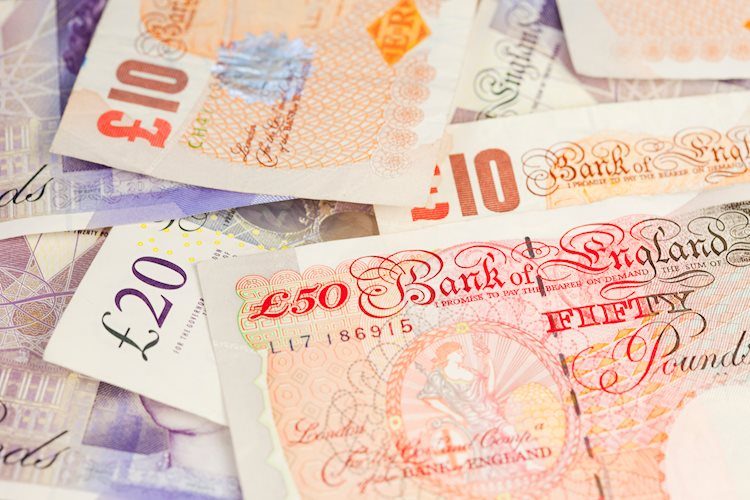
- GBP/USD is struggling to cross the immediate resistance of 1.1850 as the dismal market mood is solidifying further.
- An increase in US taxes will deliver an expression of contracting fiscal policy that might contribute to restricting inflation.
- The BoE could consider a pause in the policy-tightening spell amid the vulnerable UK manufacturing sector.
The GBP/USD pair is juggling near the immediate resistance of 1.1850 in the Asian session. The Cable is gathering strength to scale above the aforementioned resistance. However, the odds are favoring for resumption of the downside as the US Dollar Index (DXY) is expected to remain in the driving seat ahead of the release of the United States Nonfarm Payrolls (NFP) data.
S&P500 futures have given up their entire gains earned on Wednesday, portraying further strengthening of the risk-aversion theme. The weak risk appetite of investors has allowed the 10-year US Treasury yields to rebound above 3.98%.
The latest headline of higher taxes on US billionaires and rich investors, a proposal endorsed by US President Joe Biden for the Budget is putting more pressure on US stocks. US President Joe Biden has proposed raising corporation tax from 21% to 28%. This might result in a contraction in US fiscal policy, which could contribute firmly to softening US inflation.
No doubt Federal Reserve (Fed) chair Jerome Powell has confirmed bigger rates and a higher terminal rate to strengthen its defense in the battle against stubborn inflation, the release of the US Nonfarm Payrolls (NFP) data will deliver more clarity. The economic data is expected to show a decline in the payrolls to 203K from the former release of 514k.
Meanwhile, Pound Sterling might deliver a power-pack action after the release of the United Kingdom’s manufacturing sector data. Monthly Manufacturing production (Jan) and Industrial Production are expected to contract by 0.1% and 0.2% respectively.
Investors should be aware of the fact that the performance of the UK manufacturing sector has remained vulnerable in the past few months. This could force the Bank of England (BoE) to pause the policy-tightening process for the time being and allow current monetary policy to show its impact.